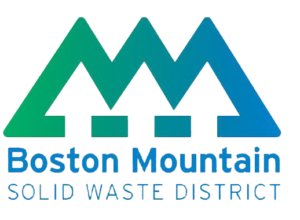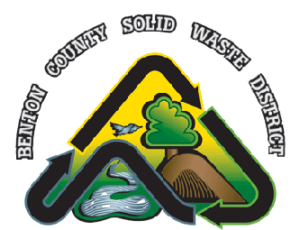You might have already spotted a change that came to grocery stores in August: After six decades, Sprite bottles are no longer green.
Coca-Cola announced the lemon-lime soft drink would switch to colorless plastic over the summer, with the goal of ensuring that more bottles get recycled into new ones.
The old bottles were recyclable, but another issue arose from that green color — in the typical recycling process, that green color can’t be removed. A company wanting to use recycled plastic to make the more common colorless bottles would have to forgo the greens, relegating those colorful containers to making carpeting and other one-time products instead of a repeating bottle-to-bottle cycle.
“Taking colors out of bottles improves the quality of the recycled material,” Julian Ochoa, CEO of R3CYCLE, which is working with Coca-Cola Consolidated to enable more bottle-to-bottle recycling, said in a written statement. “When recycled, clear PET Sprite bottles can be remade into bottles, helping drive a circular economy for plastic.”
The change also is an example of a beneficial and growing relationship between manufacturers and recyclers.
A major issue in recycling these days is that manufacturers often design their packages and products without factoring in how to recycle it. Our friends at Eureka Recycling up north told us that companies like these largely have never seen the inside of a materials recovery facility, the workhorses of the recycling industry. They make their packaging the way they need or want, leaving recycling operations to try figuring out how to catch, sort, process and move those materials on the back end.
If those tasks prove too difficult or costly because of a certain item’s composition or shape, it’ll go to waste. In other words, this disconnect between manufacturers and recyclers is the fundamental reason that recycling programs can take some things but not others.
Switching from green to clear is a step in the other direction — designing with recycling in mind. Walmart, which provided the grant to launch NWA Recycles last year, is likewise altering its in-house packaging to become more recyclable and working with suppliers to do the same.
Now, as we and others have pointed out, plastic recycling remains a thorny, complicated issue that Sprite’s change won’t fix on its own. Too much plastic goes into landfills and waterways, and its recyclability is far lower than glass or metal. Still, this is a step in a good direction.












